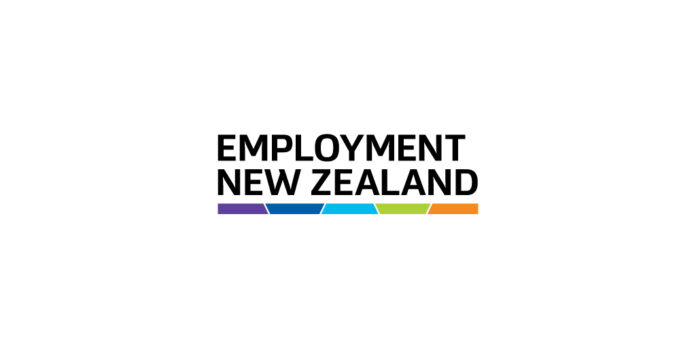Source: Employment New Zealand
These are five things to note for employers and employees to prepare for the upcoming holiday season.
1. A business may close down over the holiday period
Businesses can have an ‘annual closedown’ for their whole business or a part of it. They must give their employees at least 14 days’ notice. It’s best to do this in writing.
When a business closes down, employees are required to use their annual holidays (‘annual leave’) to cover it. If an employee has been working less than 12 months, hence not yet entitled to annual holidays, the employer can let the employee take some of their annual holidays in advance.
2. Employees don’t have to work on a public holiday in most circumstances
An employer can only make an employee work on a public holiday if:
- the public holiday falls on a day the employee would normally work; and
- the requirement to work on the public holiday is noted in their employment agreement.
Otherwise, an employee does not have to agree to work during a public holiday.
3. All employees should be paid time and a half for working on a public holiday
Employees must be paid at least time and a half for all the hours worked on a public holiday. In addition, if the public holiday falls on a day an employee would normally work, then the employee is entitled to a paid day off at another time (an ‘alternative holiday’), unless that employee only works on public holidays.
If an employee does not work on a public holiday and the holiday falls on a day that the employee would normally work, then the employer should pay the employee for that day at their usual rate using either relevant daily pay (RDP) or average daily pay (ADP).
Pay for public holidays, sick and bereavement leave and alternative holidays
4. An employee’s public holiday may be moved to the following Monday or Tuesday
Some public holidays are Mondayised (or Tuesdayised) if they fall on a Saturday or Sunday, and those are not days that an employee would normally work. If an employee normally works on the day of the public holiday’s calendar date, then there is no Mondayisation for them and their public holiday benefits apply to the calendar date.
Christmas Day (Saturday, 25 December 2021) and New Year’s Day (Saturday, 1 January 2022)
- If the employee normally doesn’t work on Saturday, their Christmas Day and New Year’s Day would be observed the following Monday (27 December and 3 January) and they would have these Mondays as their paid public holidays.
- If the employee normally works on Saturday, their Christmas Day and New Year’s Day would be observed on Saturday (25 December and 1 January) and they would have these Saturdays as their paid public holidays.
Boxing Day (Sunday, 26 December 2021) and Day after New Year’s Day (Sunday, 2 January 2022):
- If the employee normally doesn’t work on Sunday, their Boxing Day and the Day after New Year’s Day would be observed the following Tuesday (28 December and 4 January) and they would have these Tuesdays as their paid public holidays.
- If the employee normally works on Sunday, their Boxing Day and the Day after New Year’s Day would be observed on Sunday (26 December and 2 January) and they would have these Sundays as their paid public holidays.
Public holidays falling on a weekend
Cancelling approved annual holidays is a matter of negotiation
An employer cannot cancel an employee’s approved annual leave, unless they agree to it. An employee may have already arranged their holiday such as having paid accommodation and tickets, or organised to enjoy time with friends or family. If an employer would like an employee to cancel their leave, they should approach the employee in good faith and make sure that there are no consequences if the employee declines to cancel their leave.



